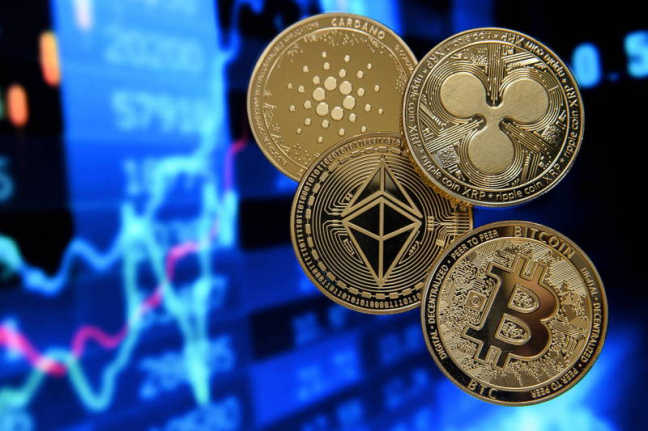
The cryptocurrency industry has grown rapidly in 2020, driven by decentralized finance (DeFi), as Bitcoin and Ethereum prices surged. Various DeFi projects have sprung up, surprising all users. The impact of Bitcoin’s halving has been felt since late 2020, while Ethereum has benefited greatly from the development of the ETH 2.0 staking mechanism. There is no doubt that the hot topic of 2020 is DeFi. The two core concepts of DeFi - automated market makers (AMMs) and yield farming - have allowed projects such as UniSwap, Sushi, Curve, AAVE and Synthetix to shine in the blockchain industry and drive the entire industry forward.
However, despite the popularity of DeFi attracting a lot of attention, new players still face many obstacles to enter the field. Ethereum’s traffic congestion and high gas fees have become major problems for new users to join. With the exception of Uniswap, the number of daily active users of other DeFi projects is usually only a few hundred. The gap between these data and the price of DeFi project governance tokens provides us with important market insights. Today, many blockchain teams are starting to reduce gas fees through Layer 2 solutions, which attracts more users to participate in DeFi rather than just holding tokens.
Compared with the popularity of DeFi, decentralized storage and decentralized mining have received relatively little attention. Although the leading storage project Filecoin's price performance was mediocre in 2020, projects such as Storj and SiaCoins did not receive much attention in the blockchain circle, and the Lambda project also failed to escape this fate.
If decentralized storage is regarded as the real economy, and DeFi is virtual finance and modern finance, then decentralized storage has a wider audience, and DeFi is developing faster. Therefore, our mission in 2021 is to combine with DeFi to achieve rapid development.
The Rise of Lambda
The Lambda project was founded in 2017. At that time, the blockchain industry was mainly based on the ICO model, and many projects were only at the conceptual level. As the price of Bitcoin fell in 2018, many projects disappeared, but Lambda survived in this highly competitive blockchain space and established a presence in the storage space.
In the past few years of exploration, we have found that Ethereum has become a recognized blockchain network with a complete ecological and business scenario. At the same time, other blockchain systems that are heterogeneous to Ethereum, due to the lack of ecology, are increasingly far behind Ethereum in the DeFi field. Many public chains have tried to replicate the Ethereum ecosystem in their own networks, but obviously this approach has not been successful.
Lambda promoted the concept of cryptocurrency to many Chinese and Western users during the last bull market, and this time, we still have the opportunity to share the key advantages and essence of DeFi with you.
Advantages of Lambda
Key advantages of Lambda include:
The LAMB ERC 20 token has a large number of holders: this gives Lambda good liquidity and awareness in the market.
The mainnet token generated by the mainnet provides storage function: it can be exchanged with ERC 20 tokens through the gateway, which enhances the utility of the token.
Lambda ERC 20 tokens will be launched in major DEXs: such as UniSwap, which enables Lambda to interoperably connect with the Ethereum ecosystem.
Through these advantages, Lambda cooperates with third-party projects in the DeFi field, and the LAMB token will become one of the over-collateralized tokens.
Ecological chain opportunities
In addition to Ethereum, we are also paying attention to opportunities in other ecological chains, such as Heco and BSC. The huge number of users and good technological progress of these leading exchanges provide a technical foundation and good reputation for business development. Therefore, our third-party platform will also be launched based on Heco. Recently, Lambda ERC 20 token LAMB will be launched as an early Heco-based asset, which also paves the way for third-party DeFi business.
Because Lambda will evolve from a pure storage project to a project driven by decentralized storage and DeFi elements. This transformation will make us more competitive and gain a foothold in the market.
Conclusion
In this era full of hopes and dreams, the decentralized storage industry is in the process of "unification." Although there are bubbles and confusion in the market, it is actually full of vitality. Lambda will continue to work hard to integrate with DeFi to achieve faster development and provide users with better services. In the future, we look forward to working with more partners to jointly promote the development of decentralized storage and DeFi and create greater value.